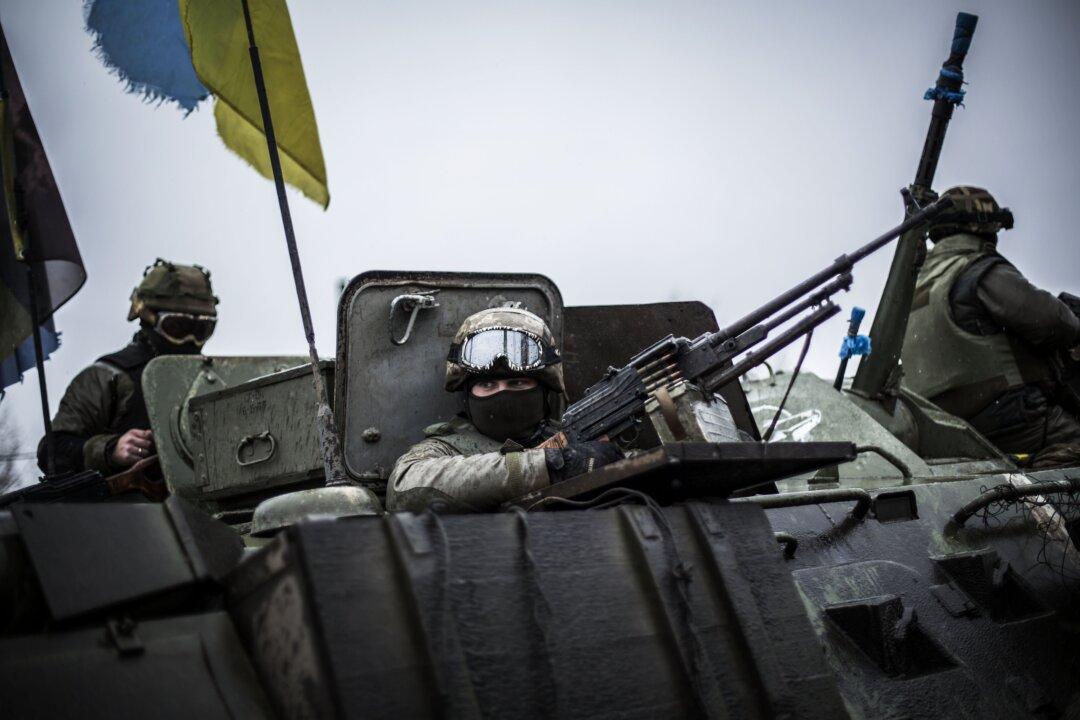You’ve heard it all before: Western powers agree to a ceasefire in a war-torn region, only to have it be broken days or weeks later.
And while marathon peace talks in Belarus resulted in a ceasefire in Ukraine that would start Sunday, the conflict looks far from over. If the ceasefire holds up, it would end a 10-month-long conflict between Russian-backed rebels and the Ukrainian army that has left more than 5,000 people dead.
But it doesn’t look too promising. Russia moved scores of tanks and artillery into eastern Ukraine as the peace talks were taking place, said the Kiev government. The tanks and artillery weren’t moved by the time the peace talks ended, reported the Ukrainskaya Pravda newspaper.
On Thursday morning, about “50 tanks crossed the Russian-Ukrainian border” near the town of Izvaryne, said Ukrainian anti-terror spokesman Andriy Lysenko. Some European leaders have privately expressed doubts the ceasefire would work, according to the Guardian.
As some experts have speculated, Russian President Vladimir Putin doesn’t seem like he'll let up in Ukraine, meaning the West and Washington need a new strategy in dealing with Moscow, notes the Brookings Institute’s foreign policy fellow, Fiona Hill. Clearly the current way of dealing with Russia isn’t working, but it’s not clear to Western leaders what to do differently.
“So what is to be done? We need to chart out a new relationship with Russia. That is a long-term proposition, but a strategy to achieve that must begin with the current crisis over Ukraine, the crucible in which these broader disputes are now raging,” she writes, noting that simply waiting for Putin to leave power isn’t much of an option.
The West needs to focus the negotiations on incremental demands and rewards rather than “grand bargains,” she argues.
“Our first objective is to persuade the Russians that there is a benefit to changing their behavior. Right now, the Russians can only conclude that sanctions, particularly U.S. financial sanctions, are forever and so have no incentive to change their behavior,” Hill says.
Meanwhile, the current ceasefire won’t mean that Russia leaves Ukraine alone as “that would run counter to Putin’s main goals when he started this crisis,” Masha Lipman, a fellow with the European Council on Foreign Relations (ECFR), told Bloomberg News.
However, economic sanctions could be so damaging to Russia that it’s forced to stay out. If the ceasefire holds up for a few months, it could be difficult for both sides to regain momentum to fight.
“The bottom line is that economic power is hard power too,” Volker Stanzel, an advisor with ECFR, writes. “Using it has costs, but unlike with military power, the cost is paid not in lives but in money.”





